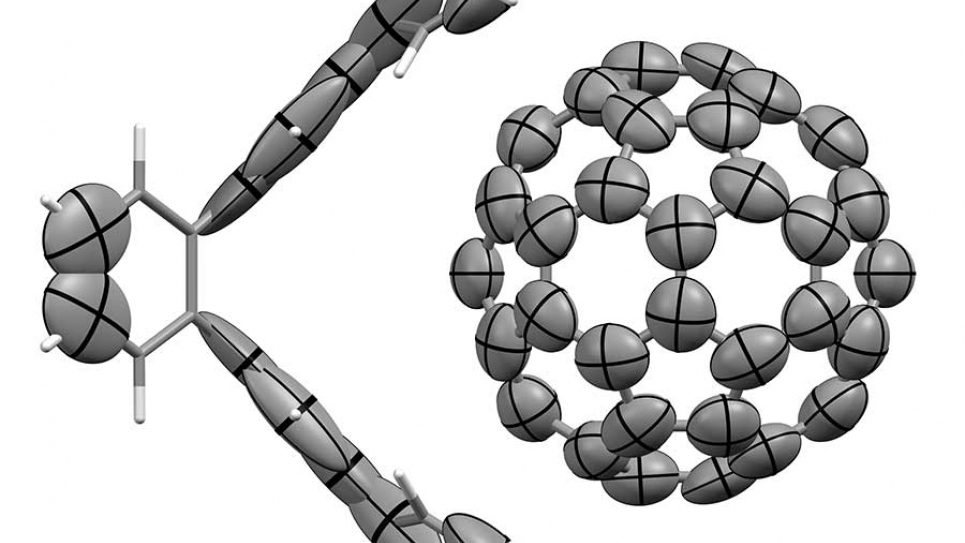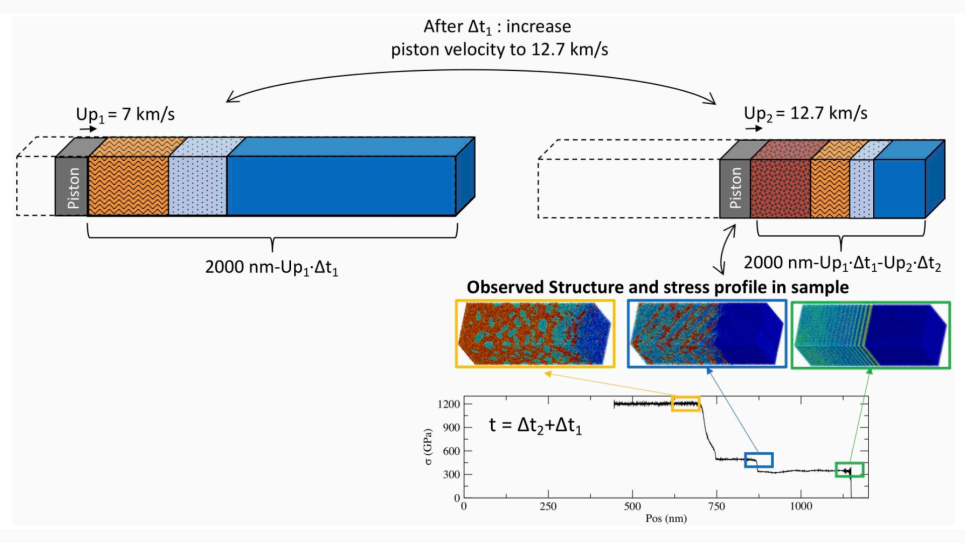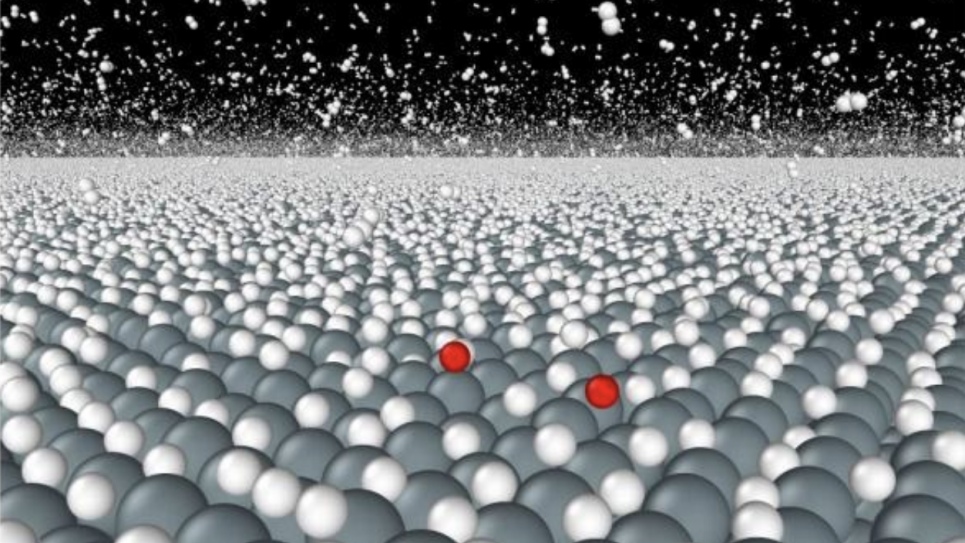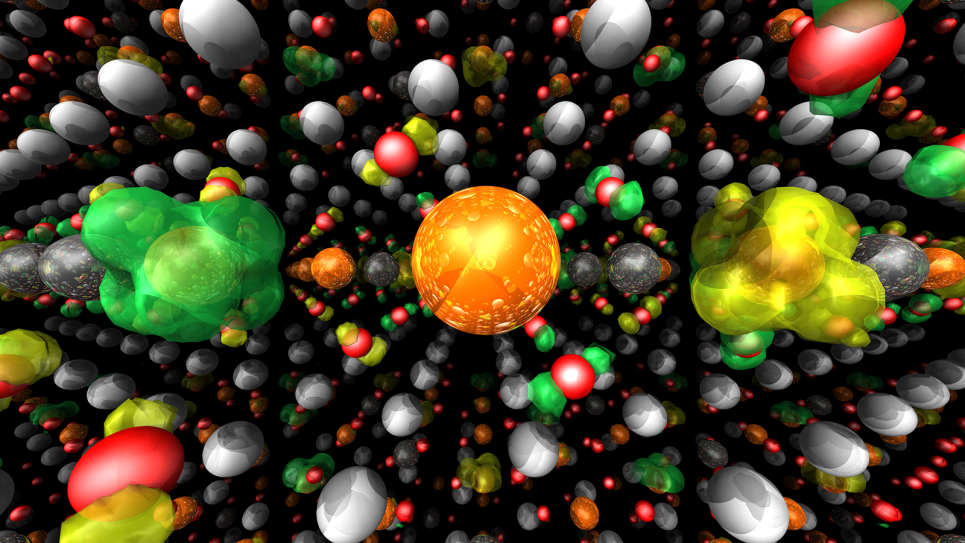
Non-covalent Bonding in Complex Molecular Systems with Quantum Monte Carlo
The work of Alfe’s team is a major expansion of their previous QMC (quantum Monte Carlo) work to address practically important scientific problems concerning non-covalent bonding for a range of paradigm molecular materials, as well as QMC benchmarking for water clusters in thermal equilibrium. A full quantitative understanding of hydrogen bonding is crucial for all systems involving water and its many forms. Hydrogen bonding is also responsible for the cohesion of innumerable natural and synthetic materials. This project also focuses on dispersion as a binding force in its own right, both in biologically relevant systems and in artificial supramolecular structures.
This research on non-covalent bonding goes far beyond what has been attempted before and is designed to exploit the greatly increased power of Mira, an IBM Blue Gene/Q, and Titan, a Cray XT. Alfe’s project will cover a much wider range of water aggregation states, and calls for extensive QMC benchmarking of large thermal samples of clusters and liquid configurations of up to 64 molecules, as well as ambitious QMC work on the liquid surface and on defective crystal surfaces. Gas hydrate work will address the energetics of crystal structures having very large unit cells, and will use QMC to tackle the controversial problem of diffusion barriers and the properties of liquid gas-water systems. Supramolecular studies will be concerned with non-covalent bonding in large complexes and breaks completely new ground for QMC work.
The use of the QMC energy benchmarks to help create improved versions of DFT (density functional theory) and force fields is an integral part of the project. The accurate description of cooperative many-body effects in hydrogen bonding, and the inclusion of screening and many-body effects in dispersion corrected versions of DFT are important aspects of this work.


